TRANSCRIPT
Charles Pakana (Victorian Aboriginal News): In December 2022, the New South Wales Council of Inner West announced that 38 mayors from across Australia and encompassing seven states and territories had made a joint statement in support of the Uluru statement from the heart and the upcoming referendum on the Voice to Parliament. Joining us today on the Referendum 23 Tapes podcast is the architect of that statement, Inner West Council Mayor, Darcy Byrne. Darcy, thanks for speaking with us today.
Darcy Byrne (Mayor of Inner West Council): Thanks very much for the opportunity to come on.
Charles: Darcy, it started in December of last year with 38 mayors from across the country, and it’s now standing at 41. What prompted you to initiate the Mayors for the Voice to Parliament Public Statement?
Darcy: Well, we actually got moving on this in February of last year at the first council meeting after our local government election. Our first item of business was to endorse the Uluru Statement From the Heart in full. Incorporate it into the council’s community strategic plan. And so we’ve been working on building up our civic education campaign right throughout 2022. Of course, that was turbocharged with the federal election result and the very fervent commitment from the new prime minister to initiating the referendum.
And as you say, in December last year, we signed up 38 mayors for a statement committing them to civic education in their own communities in support of the referendum. And those mayors represent urban and regional communities from every state and territory. That number’s now at 41, but there’s many councils right across Australia who are starting to get more involved in this issue. And they recognise that local government has a crucial role to play in building local community awareness about the referendum, about the Uluru Statement From the Heart, about what constitutional change will mean for our country. And I’m very confident that throughout this year we’ll see mayors and councilors from throughout the nation step up and take a leadership role in informing their communities.
Charles: In the public statement though, it says the signatories themselves individually endorse the Uluru Statement From the Heart, but it does fall short of seeking commitment from their respective councils. What then is expected of the signatories and their councils beyond their signing of the public statement?
Darcy: Well, we want that initial support from mayors to be converted into active, practical work from their councils. It is easier for a mayor to sign up to a statement of support than for them to go and get a resolution through their council, but that’s something that needs to happen now. And we’re not asking local councils to tell their community how to vote. The role that local councils can play is to build up awareness of what the referendum is.
No one under 60 in Australia has ever voted in a successful referendum. No one under 40 has voted in any referendum at all. So there’s a huge educational piece that needs to be undertaken urgently now to make sure that Australians are properly informed when it gets to referendum day. And I think that’s the most effective way to lead to a positive outcome.
Charles: I think on that point, Darcy, there really is a fine line for many Australians when it comes to one, promoting a yes vote, and then on the other hand, building awareness of the referendum, the question, and its underlying issues. And I’ll be really blunt, is this just a yes vote campaign that’s been given an educational coat of paint?
Darcy: No. The training program that we’ve undertaken sees local residents who are interested, and there’s been a huge number, 1300 have now registered, 500 have completed the training. They undertake a three-hour workshop and in that training they learn about why the Uluru Statement was developed, what’s happened in the intervening five years since it was put forward, how it’s been kept alive, what a constitutional amendment means, what it would mean for our governance, but also for our society as a whole. And those people are then able to go out and campaign for the Yes campaign if they so choose. But I think there’s a more important role for them to play, which is to get into their local sports clubs, churches, chambers of commerce, and just build up that level of knowledge and awareness in the community about why this is such an important historic moment.
Charles: How deep is that training going? Because we’ve had people on this podcast before and we’ve talked about even an awareness of what the constitution is and how it guides and forms the government within this country. So what sort of training are these 1300 citizens actually being given?
Darcy: So as I say, they’re undertaking a three-hour workshop, which the feedback we’re getting is that they’re finding that very meaningful and useful about how they can converse with their friends and family and with the organisations that they’re involved with about the referendum in order to build up that awareness. But there’s also a train the trainer component, and of the 500 who’ve been trained so far, 300 have come back for a second training session to plan for how they’re going to make use of that knowledge to help build awareness in the organisations that they participate in. So there’s an enormous amount of goodwill in the community about the upcoming referendum, but we know that there’s also still a big knowledge gap, and I think that a prerequisite for a fully informed decision by the Australian people is that we really build up the level of knowledge and awareness in the whole Australian society about this referendum and how it will take place and why it’s so important.
Charles: Where do you see most of the enthusiasm coming from? Which sort of age group? Because I was reading this morning that one particular newspaper was saying that there’s going to be a huge influence from the youth vote. What have you seen in your community?
Darcy: Two weeks after the federal election last year, we held a forum, a civic forum at Marrickville Town Hall and Linda Burney the newly sworn in Minister for Indigenous Australians attended. There were 600 people who came out and it was a very diverse crowd, much more diverse than would normally come along to council events. People from a younger age bracket, but also from all different backgrounds. And when Linda entered the hall, there was a standing ovation, and I think that was in part because of her incredible achievement in being the first First Nations woman to become the Minister for Indigenous Australians, but also a poignant recognition that this is a significant opportunity for Australia and this chance will not come again. So I think there are a lot of Australians, millions of Australians who recognise that this is a really important moment for our nation and we have to get it right.
Charles: You’ve got what, 1300 you’ve mentioned before community members who have either been trained, you mentioned 500 and subsequently another 800 I assume waiting to be trained or out there at least working on the project. In reality, it’s tough enough for many local governments to get even half that number of community members to respond to a simple survey. So what was behind the success in gaining such a large number of people actively committing to this work?
Darcy: We’ve got some very inherent advantages in mobilising people, specific education about the referendum. In our area, we’re represented at a federal level by the prime minister. His local electorate covers most of the Inner West council area as well as the Minister for Indigenous Australians, and this is a very political area. The yes vote for the marriage equality plebiscite in the Inner West was one of the highest in the country. What we’re encouraging our citizens to think about is what should be the measure of our success in contributing to this national effort? It shouldn’t just be how high the yes vote is in Marrickville Town Hall. I think it should be what are we doing as a community to help get out and inform other communities in Sydney and New South Wales where the campaign is going to be a bit more difficult?
And we’ve got an event this Saturday, a big community barbecue for the voice to parliament in which we’ve invited and expect to have religious ministers, people from ethnic community organisations, delegations from local schools, so the whole of our local civic society represented and coming along, not just the usual suspects to learn about the referendum and how they can play a part in informing their communities as well.
Charles: The question that really seems to be begging to be asked right now, and it’s one that I’m sure that a lot of community members and even councilors will be wanting an answer to is, is this really a role for local government given that we still suffer under that preconceived idea that local government is roads, rates and rubbish.
Darcy: Local government also has an important role to play in community development, and that’s part of our statutory responsibilities as well. Not to mention civic leadership. I think on an issue as important as this, at such a unique moment in which we’re holding a referendum that many Australians will never have participated in anything like that before. It’s not just legitimate for local government to play an educative role and to make sure that our communities are fully informed, it’s actually an imperative.
Charles: Going forward, Darcy, you’ve started with 38, you’ve got 41. What are the aspirations? How many councils do you expect or at least hope to have on board supporting this movement?
Darcy: There’s more than 500 councils across Australia, and we need for local government to be mobilized en masse for this civic education effort. There’s an important leadership role for mayors to play in bringing their communities together through civic forums and town hall meetings, and to provide a platform for Aboriginal leaders to be able to address local communities about why the Voice to Parliament is an important and meaningful thing to do.
That’s not the same thing as going out and telling your citizens how they have to vote. But it means that mayors should and can be taking responsibility for providing that platform for the discussion to take place. And that’s not just a legitimate thing to do, it’s a really important leadership role that councils are going to play over the coming months.
Charles: Do you expect to see a marked increase in the number of signatories to that public statement?
Darcy: It’s our intention to make sure that the majority of local governments in Australia are playing their role, playing a part in informing their local communities. Don’t underestimate the difficulty of that challenge, but we don’t have a moment to waste. This vote is going to take place in the second half of this year, it could be as early as August. And there’s still a big knowledge gap out there with so few people having participated in a referendum before and they come along so infrequently. We need to get moving as quickly as possible, and I strongly encourage any mayors or councilors who are listening to your program to get in touch with us at the Inner West Council if they’d like advice and assistance about how they can conduct the same sort of civic education program in their communities.
Charles: Darcy Byrne, Mayor of Inner West Council in New South Wales, thanks for your time and joining us on the Referendum 23 Tapes podcast.
Darcy: Thanks so much for the opportunity.


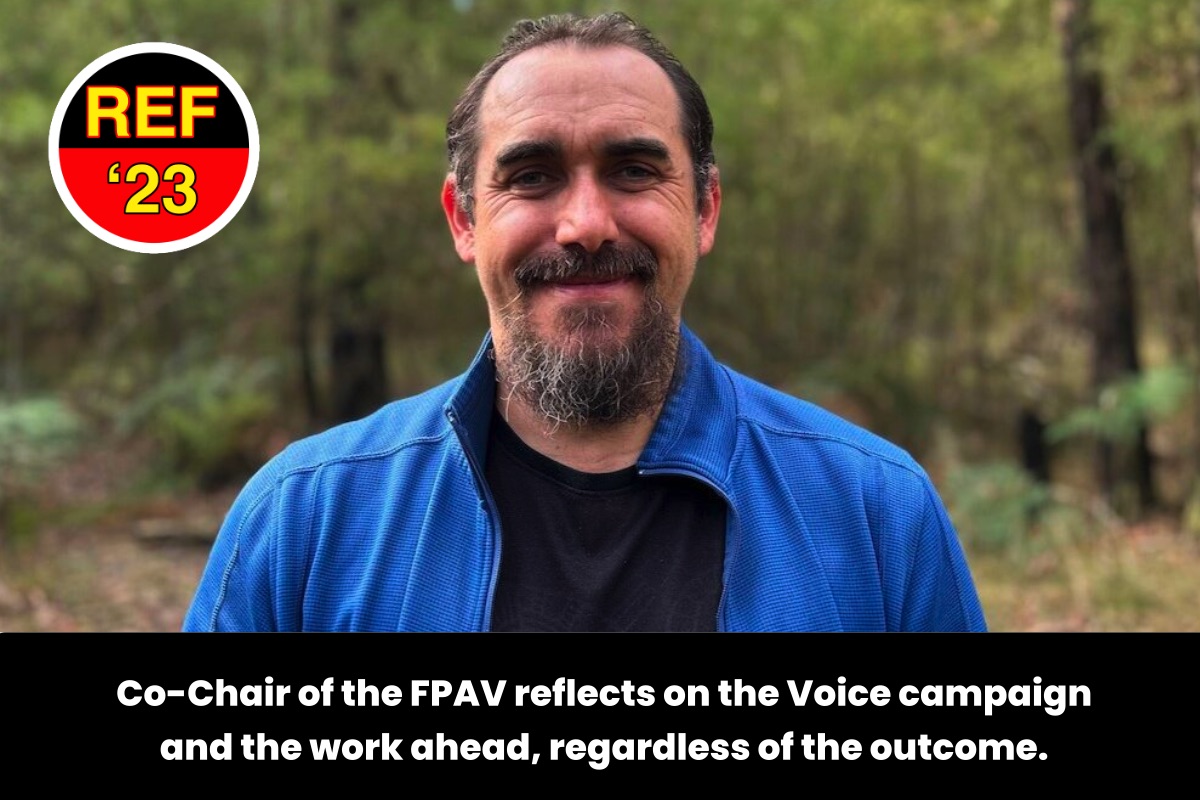
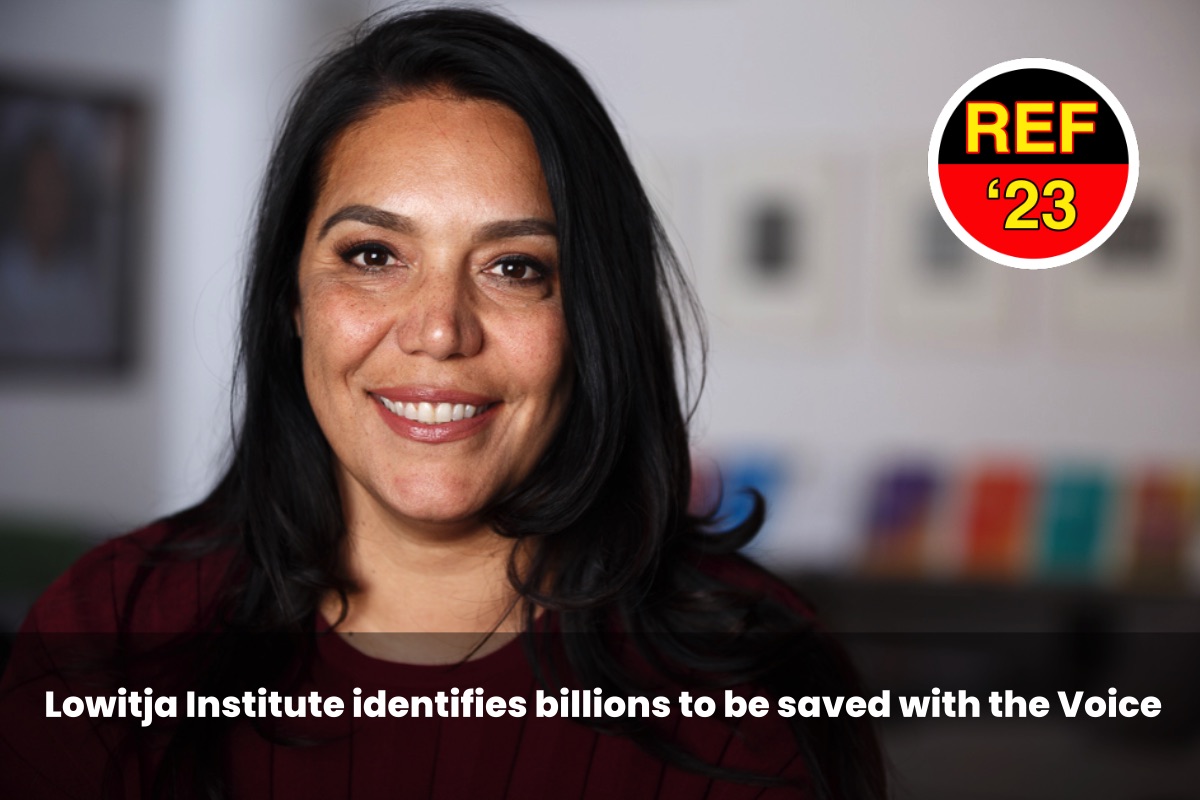
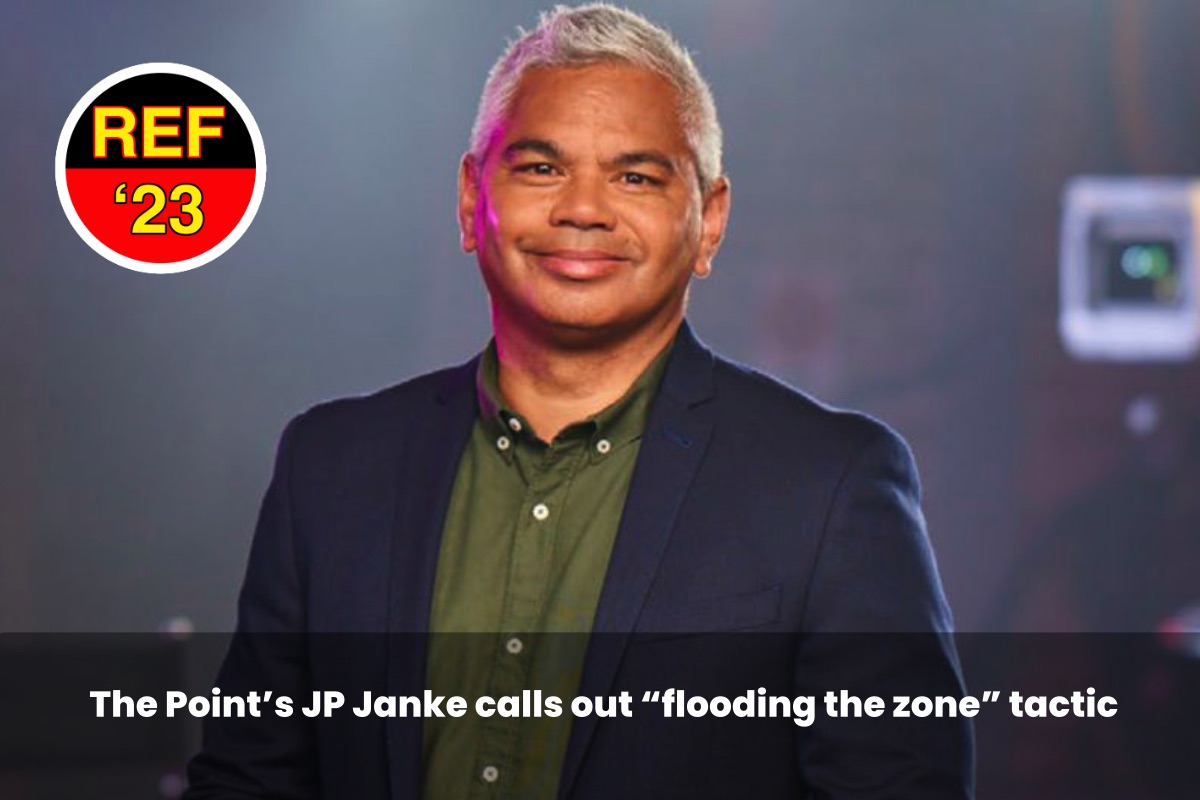
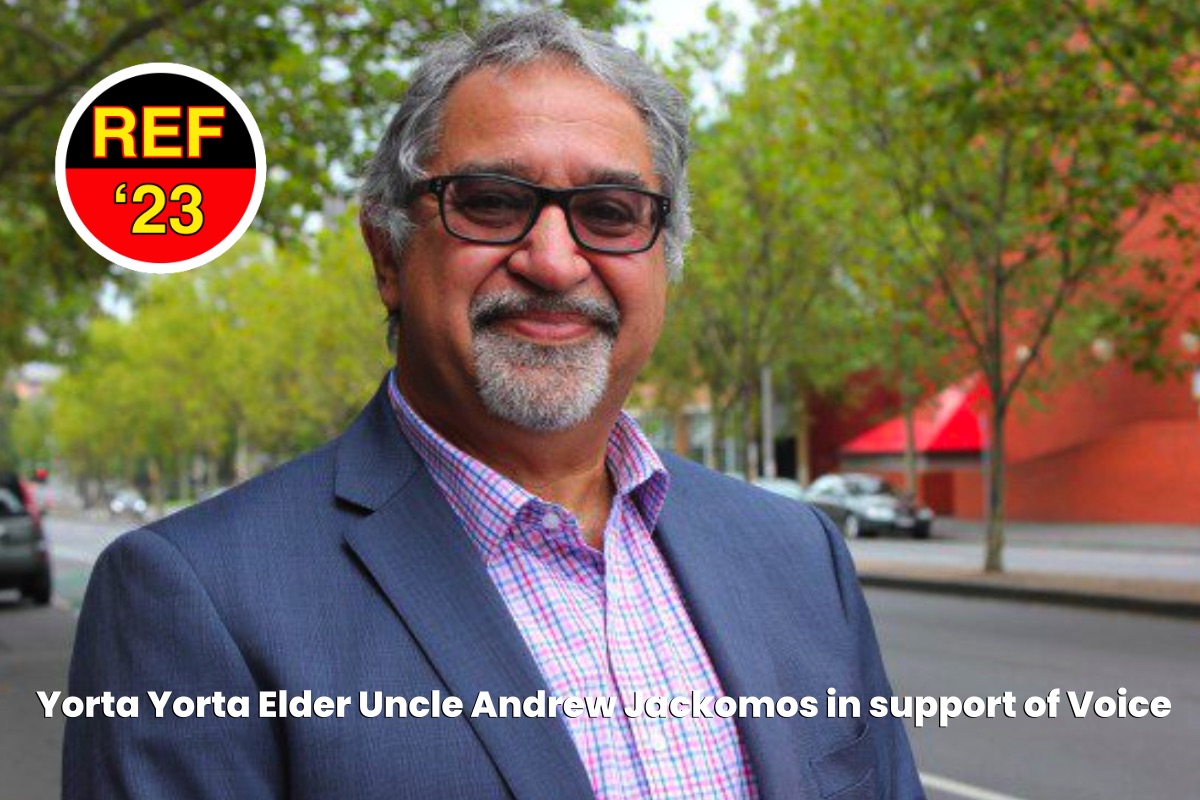
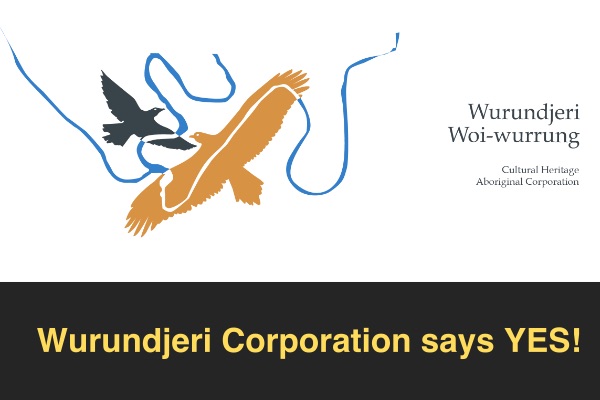

0 Comments